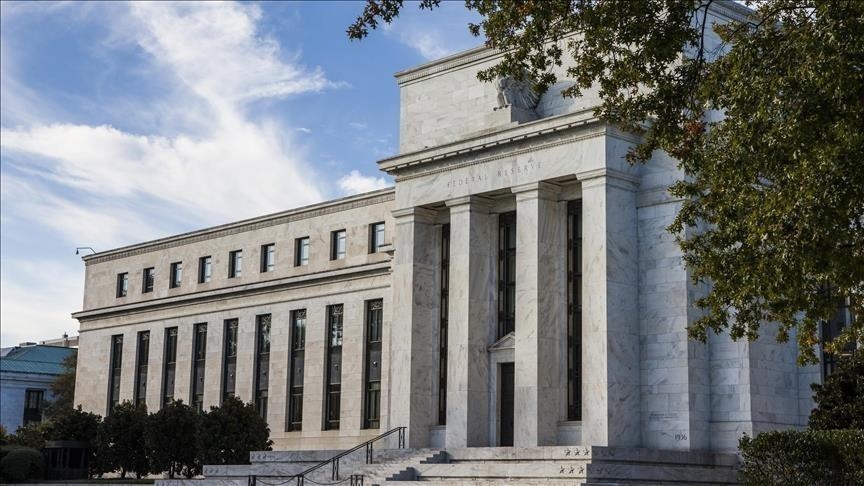ISTANBUL
The head of the San Francisco Federal Reserve Bank said Friday that the Fed needs “boldness to wait” in its future monetary policy decisions due to uncertainty.
“More recently, policymakers across the globe acted decisively in response to the pandemic, bringing all their tools to bear to offset the impending damage to the economy,” Mary C. Daly said in a speech at the 33rd Frankfurt European Banking Congress held in Germany.
“And then, when inflation followed and proved to be persistent, central banks raised rates rapidly to bring the economy back into balance and restore price stability,” she added.
The Fed raised rates by 525 basis points from March 2022 to July 2023 over the course of 11 meetings to fight record inflation that climbed last summer to its highest in more than 40 years.
The bank skipped an interest rate increase for the third time on Nov. 1, keeping the federal funds rate between the 5.25%-5.5% target range – the highest in 22 years.
“Each of these actions were bold. Central banks were clear on what the moment demanded. They acted forcefully, judging that the risks from aggressive measures were smaller than the costs of any potential policy errors,” Daly said. “But most times we face are not so clear. And a different type of boldness is required: the boldness to wait.”
Daly said the Fed needs to “practice gradualism” when uncertainty is high and the risks to the bank’s objectives are balanced.
“Practicing gradualism means having the confidence to say that we don’t yet know,” she explained. “To resist the desire to be certain. To react to not knowing with curiosity. And to adhere to the idea that patience, measured adjustments, and continual reassessment make for better outcomes.”
The probability of a rate hike at the Fed’s last two-day meeting this year that will conclude Dec. 13 stood at 100% as of Friday, according to the FedWatch Tool provided by the US-based Chicago Mercantile Exchange Group.
The Fed, however, could raise interest rates further if inflation climbs further away from its objective of 2%.
Annual consumer inflation in the US came in at 3.2% in October, slowing from a 3.7% gain in September, after soaring to 9.1% in June last year – the highest in more than 40 years.

